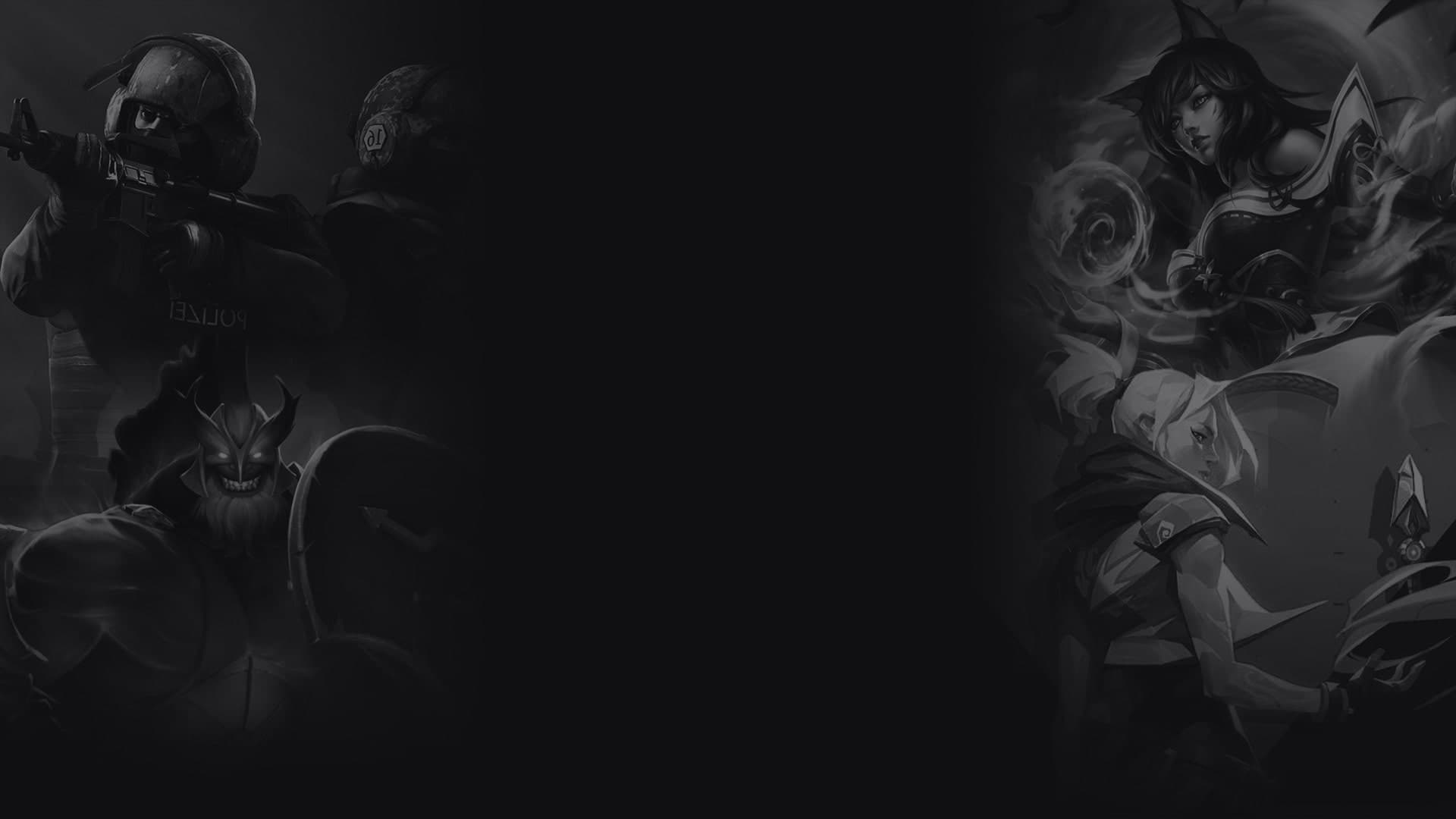A Guide to How Valorant Placements Work
With Valorant's ever-changing competitive system, understanding how placements work can be a bit tricky. This guide will detail all of the ins and outs of how Valorant placements work, helping you to determine what rank you're likely to earn after every set of competitive matches.
Understand Your Start Rating.
Before you begin your placements, it's important to understand what is called your Start Rating. This is essentially your starting skill level in Valorant and can range anywhere from Iron I to Diamond V. Your start rating is calculated based on several factors such as recent performance in other FPS titles, solo/team queue MMR, and even demographic information. Understanding your start rating helps you to gauge where you are likely to end up after the completion of the placement matches.
Score Early in Placement Games.
Your start rating will determine which rank you are initially assigned in Valorant, but it’s up to you to make sure you get the best possible placement. To do this, try to win at least 6 or 7 of your 10 games as quickly as possible and grab those all-important early wins! Allowing yourself to gain some momentum early on can set your placement in a more favourable direction. Plus, getting into a good groove from the beginning can also help keep you calm as the placements go on.
Control Your Emotions and Trolls.
No matter how good you are in the game, it is essential to remember that Valorant placement is still a game. If you’re playing in excruciatingly close matches, emotions can lead to losses. Also, many trolls will try to ruin your experience by being toxic and disrespectful. The key here is not letting them get inside your head. Ignore whatever they may say and focus on the game plan if you want to succeed.
Identify Your Role and Dominate it.
As you start playing, your team composition and individual roles will play an important part to get the most out of your Valorant placement matches. Each role requires a specific set of skills and knowledge. For example, duelling agents (Jett and Reyna) are best in close combat while Sage is excellent in area denial. Once you identify what type of agent is best suited for your playstyle, focus on mastering it - this way you'll be an unpredictable force for the enemy team!
Work Together as a Team Towards Common Goals.
It's important to remember that cooperation and communication are key when it comes to Valorant placements. Grouping up as a team and working towards common goals will help you stay on track. Try to agree on roles before the game starts, as this will allow you to coordinate better and make sure everyone is playing their part. Whether it’s sniping an enemy from afar or breaking through an objective, having everyone on the same page can lead to huge advantages in-game.

